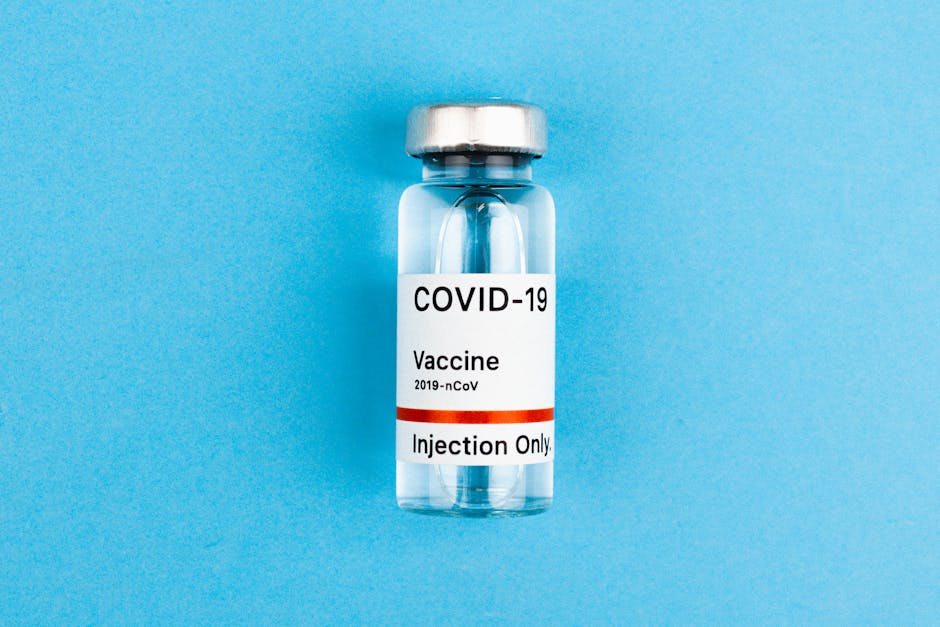As an Indian journalist, I’ve spent years reporting on the social ills that plague my own nation. We are often, and sometimes rightly, placed under the global microscope for issues like child marriage. We have fought hard, enacting laws like the Prohibition of Child Marriage Act, to drag our society into a more enlightened age.
So, imagine my astonishment when I discovered a shocking truth hidden in plain sight: the United States, a nation that positions itself as the world’s leading champion of human rights, not only allows child marriage but has seen nearly 300,000 minors married in the last two decades alone.
The question isn’t just a headline; it’s a staggering paradox. Why does a country that lectures the world on gender equality and child welfare permit a practice universally condemned as a fundamental human rights abuse? The answer is a disturbing cocktail of legal loopholes, outdated traditions, and a patchwork of state laws.
No Federal Law, Only State-Level Loopholes
Unlike many nations that have a single national law, the U.S. has no federal statute setting a minimum age for marriage. This critical responsibility is left to individual states, creating a chaotic and dangerous landscape for children.
As of 2023, dozens of states still have legal loopholes that permit marriage before the age of 18. These exceptions are the gateways through which childhoods are stolen. The most common are:
- Parental consent
- Judicial approval
How “Safeguards” Like Parental Consent Enable Abuse
On the surface, these exceptions sound like reasonable safeguards. In reality, they are often instruments of coercion.
What is “parental consent” when it comes from a parent forcing their pregnant teenage daughter into a marriage to avoid social shame or to control her? What is “judicial approval” when a judge, with a crowded docket, spends mere minutes on a case, unable to detect the deep-seated pressure or abuse a young girl is facing?
These aren’t safety nets; they are legal fictions that enable forced marriage and legitimize abuse.
Archaic Justifications for a Harmful Practice
The arguments for keeping these archaic laws are a glimpse into a side of America often hidden from the international stage. Justifications are often rooted in appeals to religious freedom, parental rights, and a tradition-bound reluctance to interfere in family matters.
Some argue the laws are necessary to allow pregnant teenagers to marry the father of their child—a logic that conveniently ignores the fact that this often traps a girl with her statutory rapist, effectively sanctioning the crime. These justifications echo the very same arguments we have been fighting against in rural India for decades, proving that regressive thinking knows no nationality.
The Devastating, Lifelong Consequences for Children
The consequences of child marriage are as devastating in America as they are anywhere else in the world. Girls married before 18 are:
- 50% more likely to drop out of high school.
- Three times more likely to be beaten by their spouses than women who marry as adults.
- Faced with a lifetime of greater health risks, mental health struggles, and economic dependency.
This is not a cultural quirk; it is a clear-cut recipe for a life of disadvantage, sanctioned by the state.
A Growing Movement to End Child Marriage in America
Thankfully, a movement for change is slowly gaining ground. States like Delaware, New Jersey, Minnesota, Pennsylvania, New York, and Massachusetts have finally passed outright bans on child marriage, setting the age at 18 with no exceptions.
Advocacy groups like Unchained At Last are tirelessly fighting to expose this issue and lobby for legislative reform across the country.
But the progress is painfully slow. For a nation that can land a rover on Mars and shape global policy, its inability to protect its own children from forced marriage is a profound moral failure. As we in India continue our own difficult journey to eradicate this practice, we look to the West and ask: How can you stand on a global stage and speak of liberty and justice when your own laws fail the most vulnerable?
The world is watching, and the question remains—why do you allow this?




